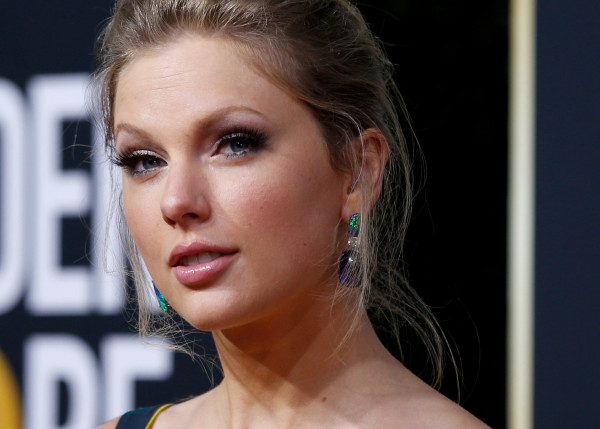Taylor Swift at the Heart of Election Season Turmoil as MAGA Speculates

The influence of pop culture icons, particularly Taylor Swift, has become a focal point of contention as the election season intensifies. Swift, known for her colossal fan base and sway in the public discourse, is at the center of a whirlwind of conspiracy theories and political maneuvering, particularly from MAGA supporters and former President Donald Trump.
As the 2024 elections approach, the speculation about Swift's potential endorsement is causing ripples across political lines, with many on the Republican side viewing her support as a significant boon for Democratic candidate President Joe Biden. The narrative has been fueled by reports, including one from The New York Times, indicating that the Biden campaign is keenly interested in securing Swift's endorsement, reminiscent of her support in the 2020 elections.
The situation has prompted a barrage of conspiracy theories aimed at discrediting Swift's influence. Notably, Vivek Ramaswamy, a former Republican candidate now aligned with Trump, has propagated the notion that the Biden Administration, through the NFL, is manipulating football games to favor the Kansas City Chiefs, where Swift's rumored boyfriend, Travis Kelce, plays. This, according to Ramaswamy, is a ploy to secure Swift's endorsement, a claim he aired on social media platforms, adding fuel to the speculative fire.
The potential of Swift endorsing Biden has even led to threats of a "holy war" against Swift from MAGA loyalists, as reported by Rolling Stone. This illustrates the perceived power of Swift's political influence and the lengths to which some are willing to go to counteract it. Trump's camp has not shied away from this narrative, with senior adviser Jason Miller quipping that voters disillusioned with Biden's economic policies might echo Swift's lyrics, "We Are Never Ever Getting Back Together," in a pointed critique of the administration's performance.
Despite the concerted efforts to undermine Swift's potential political impact, Trump has maintained a relatively low profile on this issue. However, his past remarks lamenting Swift's higher media profile, including her recognition as Time Magazine's Person of The Year—a title Trump coveted—highlight the underlying tension and the high stakes involved.
As these narratives unfold, the intersection of celebrity influence and political strategy becomes increasingly apparent, marking a new chapter in the complex relationship between entertainment and governance. Swift's silence on her political stance only adds to the intrigue, leaving both supporters and detractors eagerly awaiting her next move.














